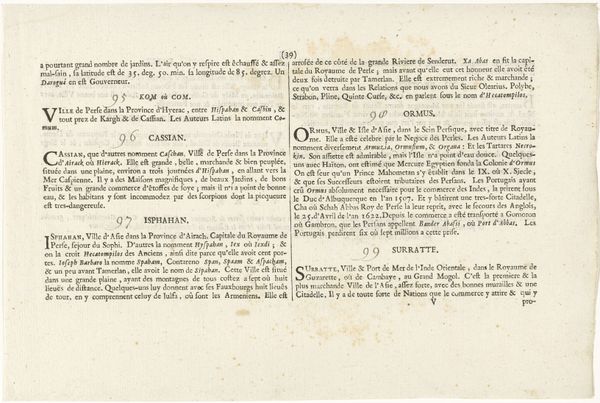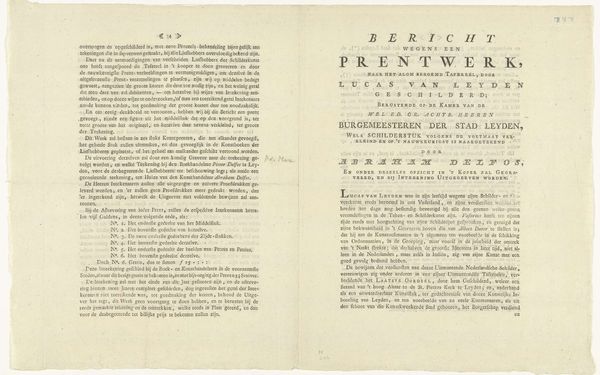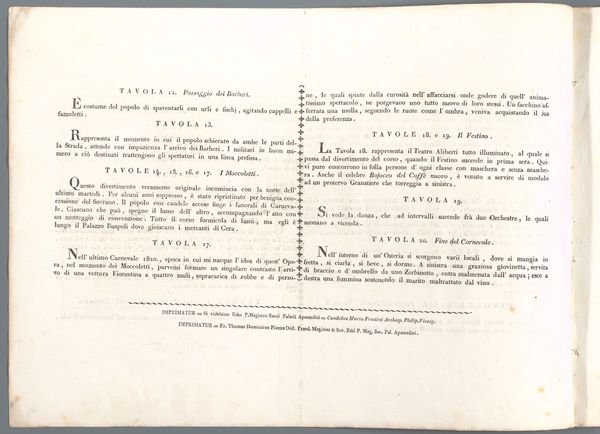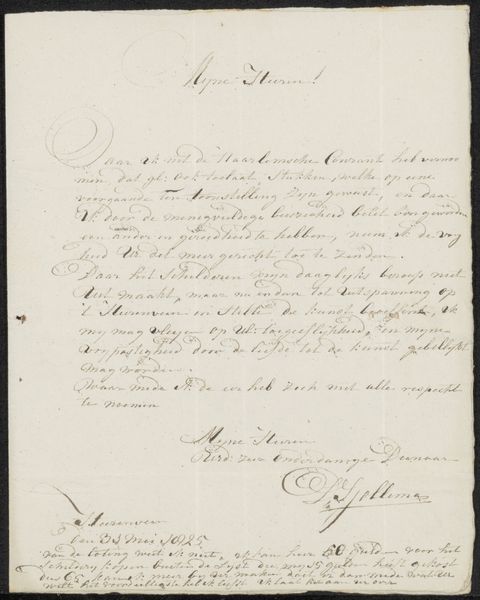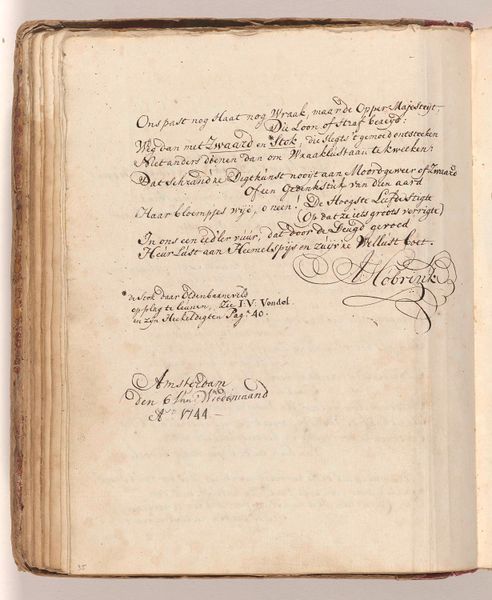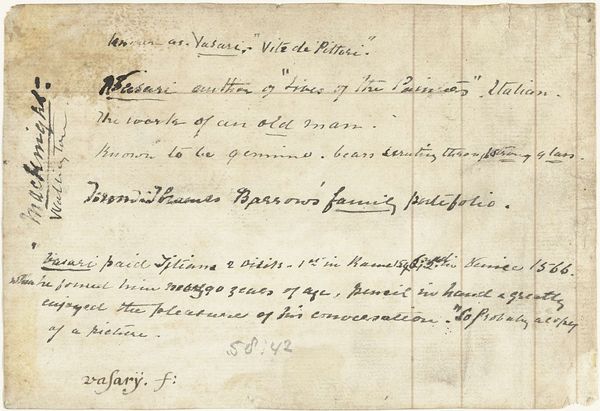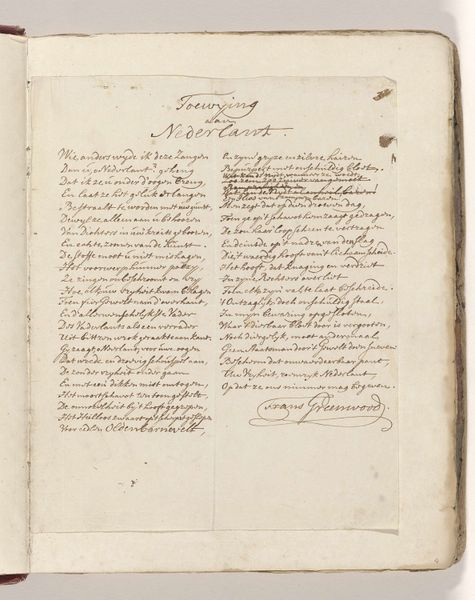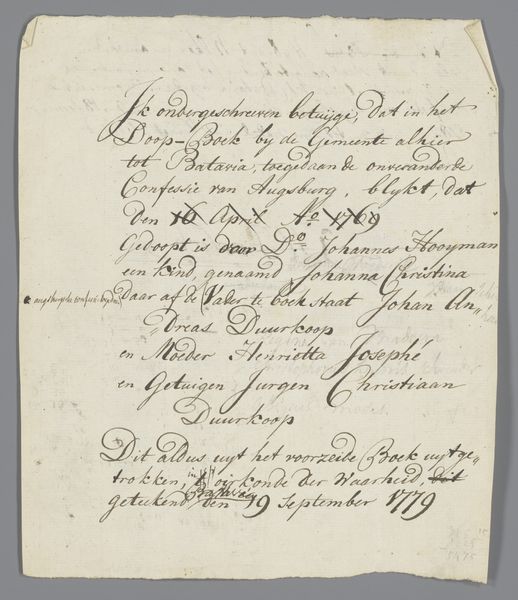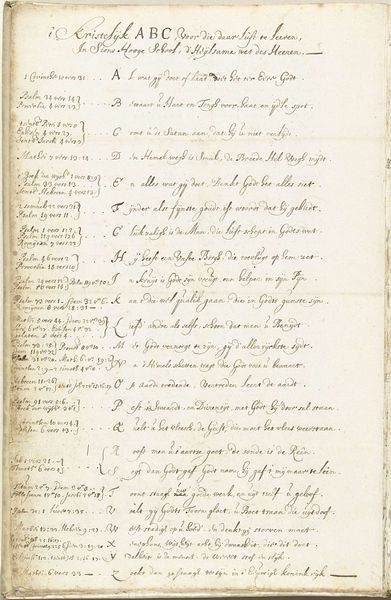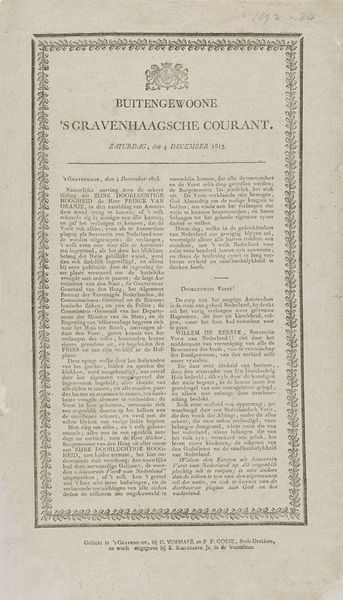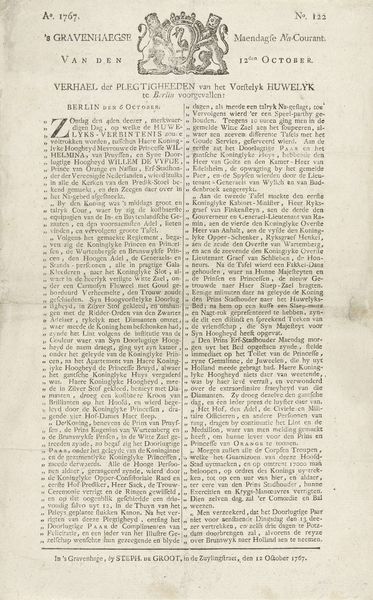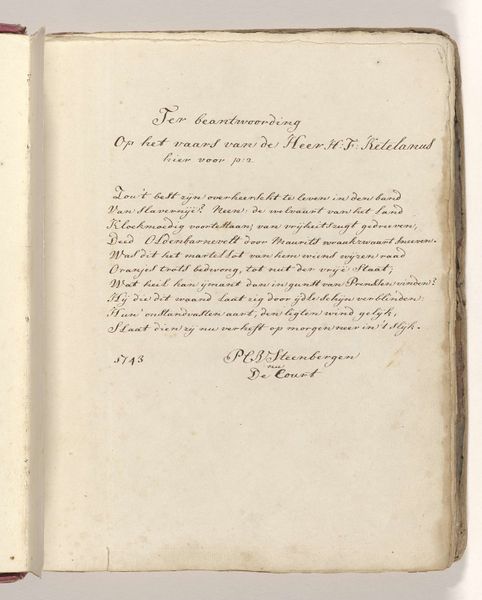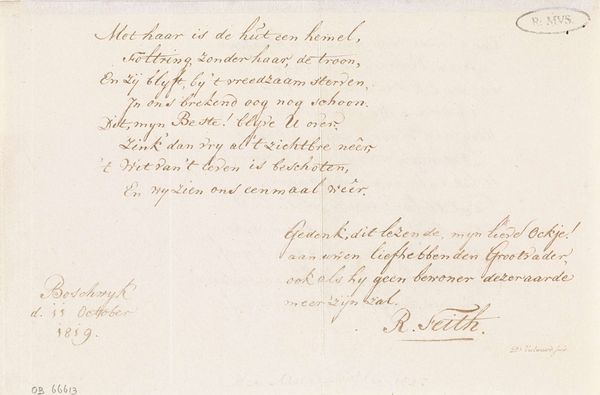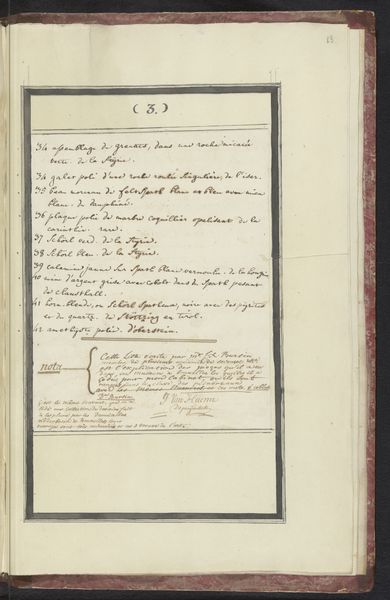
print, paper
#
aged paper
#
hand-lettering
#
dutch-golden-age
# print
#
hand drawn type
#
hand lettering
#
paper
#
text
#
fading type
#
stylized text
#
thick font
#
handwritten font
#
classical type
#
calligraphy
#
small lettering
Dimensions: height 330 mm, width 421 mm
Copyright: Rijks Museum: Open Domain
Curator: This print, titled "Bericht van inschrijving," was created in 1751 by Jan Punt. It resides in the Rijksmuseum and appears to be an announcement related to a set of prints. Editor: Wow, my initial impression is… intensely textural! The paper looks so aged and fragile, and the density of the hand-lettering gives it a striking visual weight. It's captivating even before you try to decipher the words. Curator: The context is key. This piece serves as an advertisement or announcement for a series of prints based on drawings of paintings by Peter Paul Rubens, specifically those that adorned the Jesuit church in Antwerp before it tragically burned down in 1718. Editor: A phoenix rising from the ashes, eh? Or rather, art salvaged from the flames, meticulously recreated. There’s something inherently hopeful in that act of artistic resurrection. It also strikes me that there's no actual image of the work for sale, just an ad, which must have taken some artistic persuasion! Curator: Precisely! Jan Punt, the engraver, took it upon himself to reproduce the 36 drawings made by Jacob de Wit, which documented the Rubens paintings prior to the fire. Think about the intersection of art, preservation, and commerce in the 18th century; how deeply tied artistic reputation was to religious and political power! This also shows where the prints can be bought. Editor: I see that! It reads like a kind of proto-Amazon for art, listing agents in different cities—Amsterdam, Rotterdam… even Antwerp, so close to where it burned. Curator: The burning is described as a really bad luck or fate event, though good comes with the love for art in those works created by Rubens. Also worth to take note, in the listing they call out that they used the most heavy and finest quality paper in the period. It makes me wonder if that also explains the well-preserved nature we witness in this particular print. Editor: Perhaps a bit of artistic showmanship as well—making the art more precious by noting its making with fancy and valuable materials. A material marketing gimmick maybe! Regardless, the text itself has a beautiful quality to it, especially in those flourishing capital letters. You know, it reminds me of how precious these things were. Curator: I find myself drawn to the way it reveals the importance of artistic legacy and how printmaking allowed for dissemination and preservation in the pre-digital age, making art accessible in the modern day. Editor: For me, I just love that little reminder that even something destructive can be turned into something new.
Comments
No comments
Be the first to comment and join the conversation on the ultimate creative platform.
